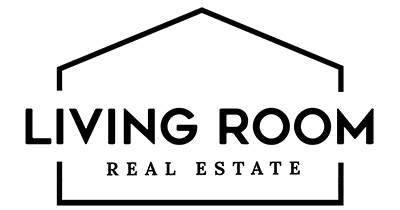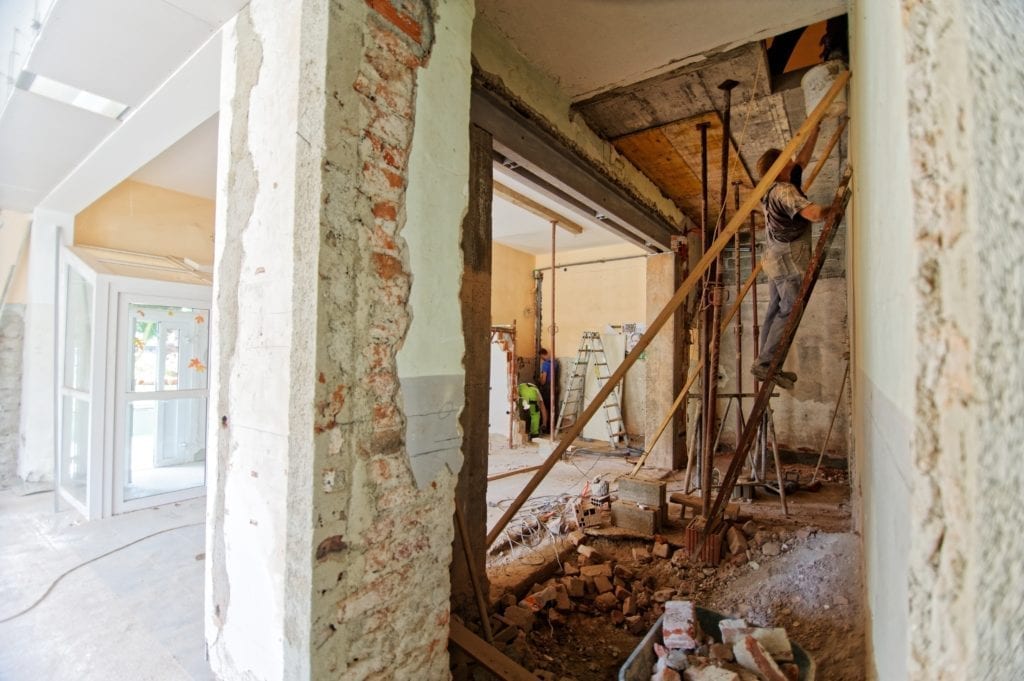The real estate industry is very complex and there are many ways to buy a house. Recently I have been doing research on “wholesaling”. Wholesaling is a term used in the real estate industry to describe the process of finding great real estate deals and getting paid to bring them to real estate investors.
In the Denver market, wholesalers have large teams working to try to find off market deals through their networks, mailings, etc. They also use the MLS, where they buy about 50% of their inventory. When they find a deal with a little bit of margin they quickly see the house, write an offer and get the property under contract. Once the property is under contract they immediately open it up to a pool of investors, acting as a middle man. They benefit by taking the 2.8% commission offered on the MLS and usually increase the list price $3,000 to $10,000. Within a few hours or days they have found an investor who will pay cash and do a double escrow closing the same day they are scheduled to close with the original seller.
Real life example:
Property near DU went on the MLS at 9am. By 9:15 wholesale team has a showing and has spoken with the seller. They submit a full price, $384,050 cash as soon as they finish the showing by 10am. They agree to buy the property “as is” and their only contingency is Title with a two week closing. They give the seller one hour to accept. They also sweeten the terms by paying for title and use a company that allows double escrow closings (most title companies do not allow this). The listing agent is representing her family in the sale of her late mother’s home and has no idea that the buyer is really a middle man who is actually just reselling the property to a higher bidder. That evening, a large wholesale team has put together a packet which includes comps, update costs, and an After Repair Value (ARV) estimates which they conclude is $530K by converting the attached one car into a master suite and updating the kitchen and bathroom. Each wholesale team member emails the packet to his/her database of investors. The next day they parade investors through the home (without permission from the seller) until they find an investor to purchase it for $389,500. They will make $5,500 above the asking price they paid and take the commission of $10,752 equalling a profit of $16,252. The deal closes in two weeks and usually the buyer uses Hard Money to finance the purchase which is also available through the wholesale company. In this particular example, the cost of the hard money is 2.5% upfront ($11K) and 12% per month ($5K). If the rehab takes 6 months, the loan will cost the investor $41K. The wholesale company estimates the cost of the rehab is $55K. This property will be back on the market in a few months and probably sell for around $530K to a home buyer.
Conclusion
Investors prefer to focus on the construction projects and wholesale companies provide a benefit by identifying these properties, getting them under contract, doing the research on comps and ARV, and providing hard money. For a regular homebuyer and real estate agent, it is very difficult to compete against wholesale companies for the same properties. Luckily, they are usually buying the type of properties most buyers would not consider purchasing as a primary residence.
In the Denver market, buyers are faced with three major challenges: 1) the market moves very quickly, 2) they end up competing against multiple offers, and 3) buyers face off against cash offers. After gaining understanding about how this process works, it is difficult not to point the finger at these wholesale companies and blame them for the escalating prices and difficult conditions buyers face. Wholesalers have figured out the game and homeowners with the right agent and knowledge can benefit from understanding their techniques. When you purchase a home that has been flipped, you are potentially taking on the cost of the wholesaler and investor, they are passed onto you and easier to stomach when you have access to a 30 year loan.
I’ve got an idea!
Let’s play out a different scenario. A homeowner sees the same house on the MLS. They can’t get there immediately, and end up competing against multiple offers and it gets bid up to $400,000. They hire a contractor and pick the exact finishes they like for the home and invest $55K into the property. Rehab loans are a good option for this type of project. After a six month project, they end up with a home they love for $455,000 and have almost $100K in equity.
Disclosure: Managing a large project like this is risky and very time consuming. It’s not a good fit for everyone. Investors have years of knowledge, lots of capital, and strong relationships that make these project less expensive and easier. Now you know! Please let me know if you have any additional questions.







Leave a Reply